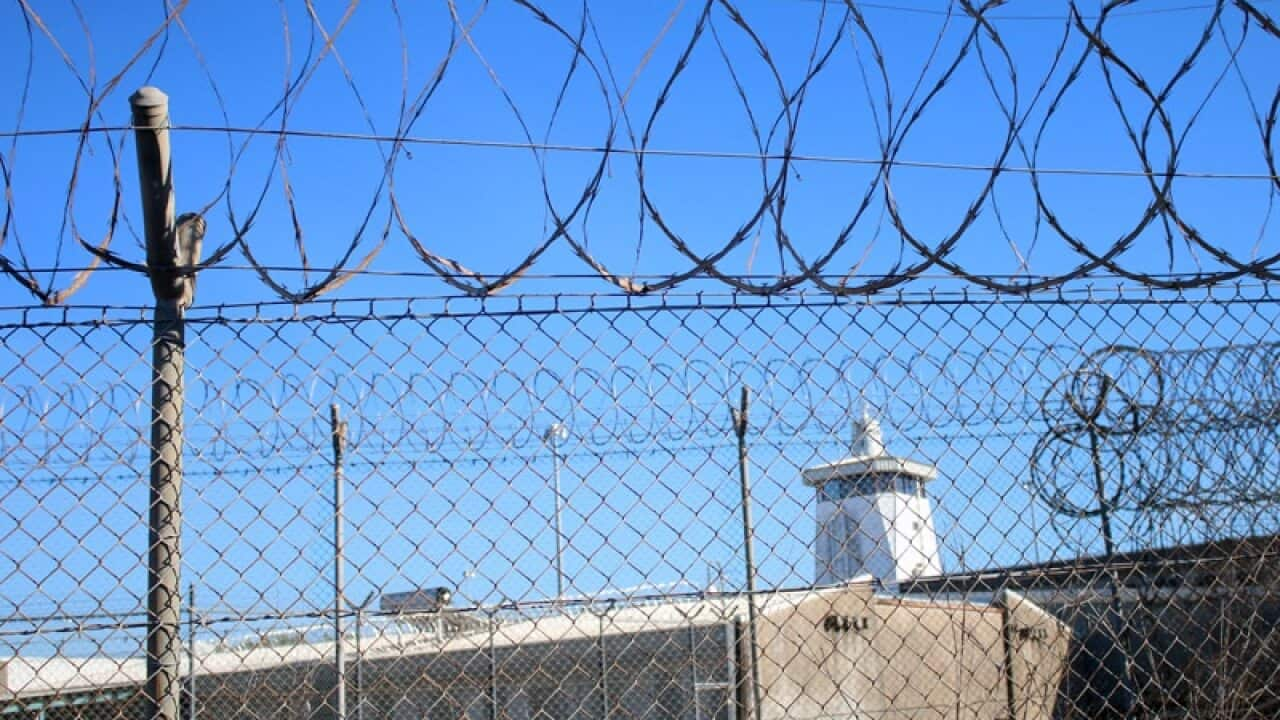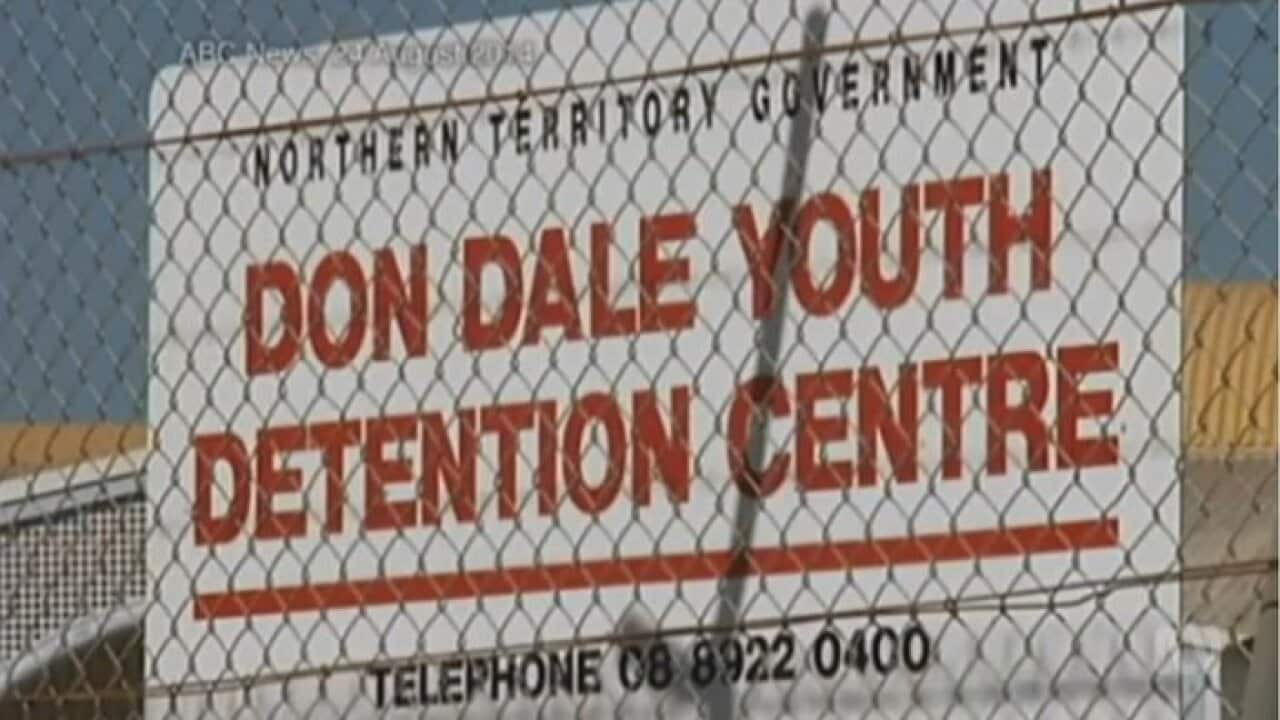A former Don Dale Youth Detention Centre guard says the security climate was "spiralling out of control" in the lead up to an incident where boys were tear-gassed.
Ex Youth Justice Officer Leonard De Souza told the Northern Territory juvenile justice royal commission that Don Dale was struggling with overcrowding, increased lock-downs, dismal training and staff shortages. He said new guards only received three days of training in assault responses and never learnt skills in suicide prevention, cultural awareness or dealing with emergency situations.
Mr De Souza found this "grossly inadequate", but when the training officer refused to approve other guards to work, a senior manager told him it was "not a good career move".
"I felt pressured and bullied to do it," he said on Wednesday. Mr De Souza described Don Dale as a "happy go lucky" place between 2007 and 2009, where guards ran activities like gardening, painting, music, cooking and carpentry.
"The kids were a lot more settled in those early years because their time was more managed," he said. But the programs collapsed when Michael Yaxley became Acting Operations Manager around 2010, Mr De Souza explained.
He said isolation cells were rarely used before then and only in extreme cases of violence.
"They were not intended to be used for managing behaviour. However, as time went on, the cells were used more often for this purpose," he said.
The detainee population soon spiked and staff shortages meant kids had to be locked in their cells for long periods, which increased tension among detainees.
Mr De Souza said at one point there was a ratio of up to 30 inmates to one staff member.
He complained about rising assaults on staff and warned his superiors that a lack of training could lead to a riot, but his concerns were dismissed. Guards had duress alarms, but they often didn't work properly, which further undermined their confidence while on shift, he said.
After a riot on Christmas 2011, former corrections commissioner Ken Middlebrook approved the renaming of isolation cells as the Behavioural Management Unit, which Mr De Souza said was designed to bypass laws which set maximum isolation times.
Around 2013, Mr De Souza was distressed to learn inmates were being escorted out of Don Dale to attend a mixed martial arts gym.
"I couldn't believe we were teaching these kids mixed martial arts at the same time we were trying to de-escalate violence at the centre," Mr De Souza said.
In August 2014, six teens were teargassed, spithooded and shackled after one inmate escaped his solitary confinement cell and began trashing an exercise yard.
The youth had been held in isolation for 17 days straight, for up to 23 hours per day.
A number of staff hadn't completed training in the use of spithoods, and Mr De Souza said there was no policy on the use of restraint chairs.
The Darwin hearing continues.














